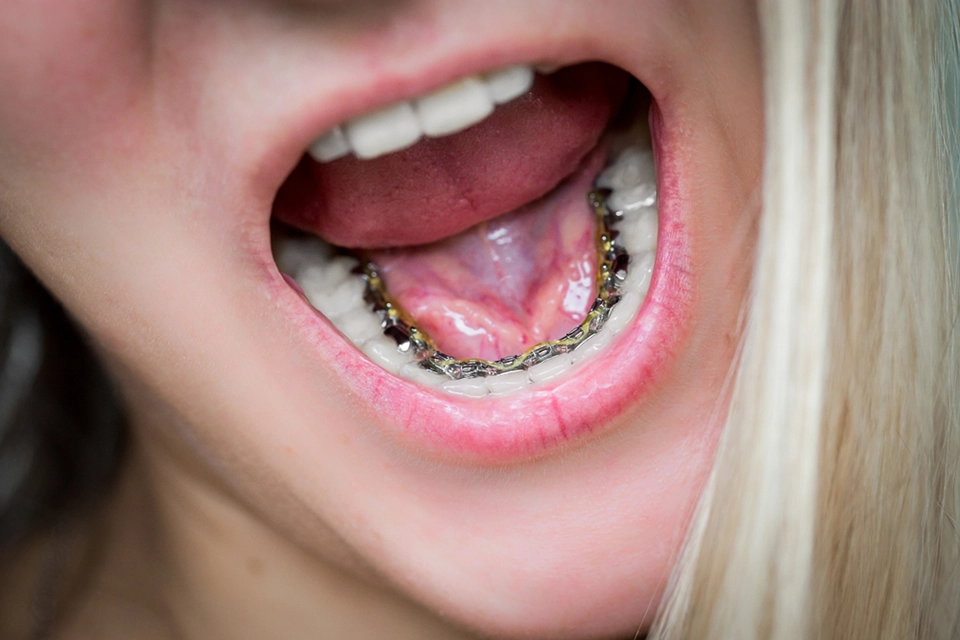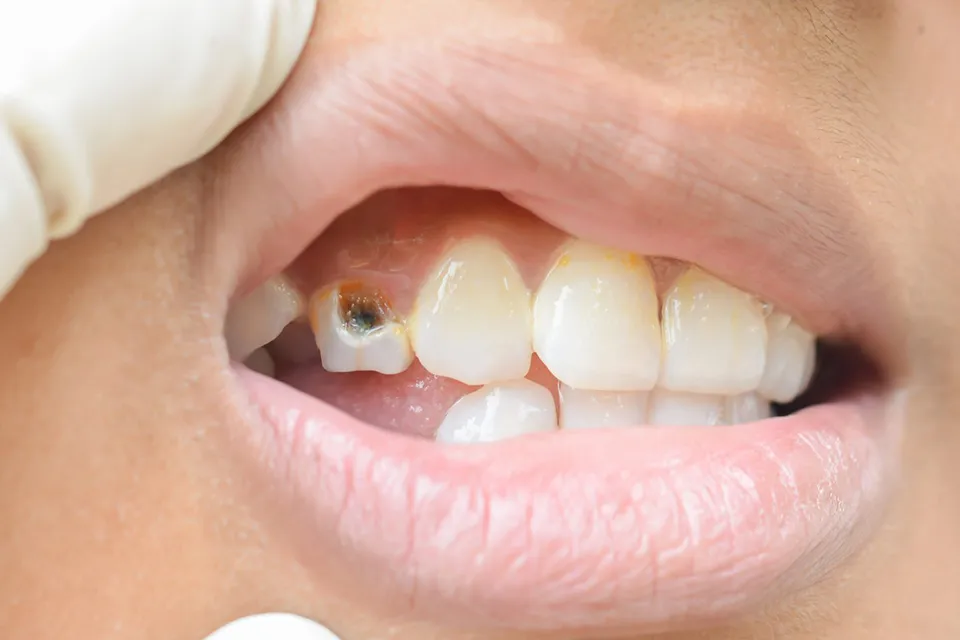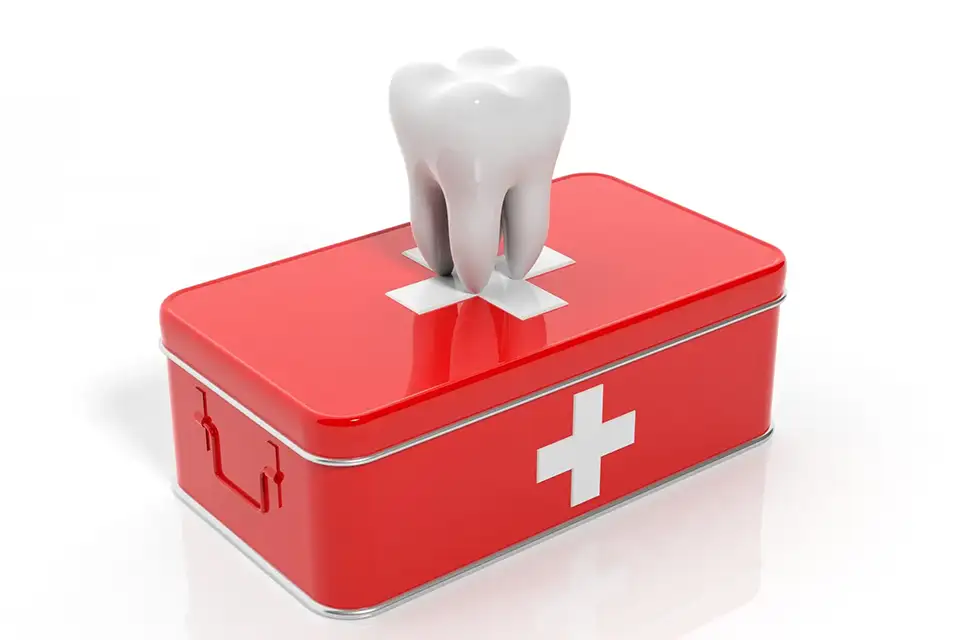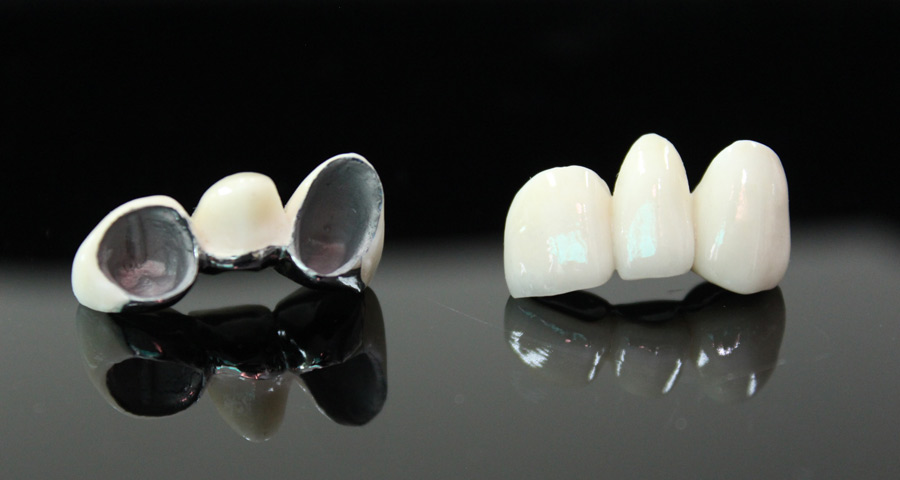You are far from alone if you no longer have one or more of your natural teeth. According to the American College of Prosthodontics, 120 million Americans have lost at least one of their natural teeth and 36 million have no natural teeth at all. Severe tooth decay, dental disease, and trauma to the mouth are some leading causes of tooth loss among all age groups in the United States. However, how you lost your natural teeth is not nearly as important as visiting your Houston, Texas dentist as soon as possible to discuss which type of dental restoration is right for you, such as dentures, dental bridges, or implants.
How Missing Teeth Affect You
For many people, the embarrassment of showing a smile that has a gap in it is enough to make them want to obtain an artificial tooth replacement as soon as possible. It’s also important to understand that even one missing tooth can compromise the health and stability of those that remain.
One reason for this is that the remaining natural teeth can begin to shift towards the open position and cause lack of proper tooth alignment. When food continually gets stuck in the open spot, it can lead to gum disease and decay of your remaining teeth as well. Finally, a missing tooth also makes it more challenging to eat and speak clearly.
Carefully Consider Your Options for Tooth Replacement
Traditionally, people missing a single tooth or several consecutive teeth received a partial denture or a dental bridge to disguise the tooth loss and restore the mouth to full functionality. When dental implants became available, more patients began requesting them to replace their missing teeth because they preferred the convenience of a non-removable tooth restoration.
At Zara Dental, we always encourage patients to learn as much as possible about each option to help them make an informed choice about their treatment. Below are brief descriptions of each type of restorative dentistry.
The term dental bridge comes from the fact that the restoration relies on the teeth to the left and to the right of the missing tooth to provide support. Your dentist affixes a metal post to the back of each of the supporting teeth that help to hold the artificial tooth in place. Depending on the location of the missing tooth, it isn’t always possible to use two other teeth for support. Your dentist will choose the right type of dental bridge for your unique situation.
Dentures are a removable prosthetic that can replace everything from a single missing tooth to all natural teeth. If you still have any natural teeth, your dentist matches the shade of your replacement teeth and natural teeth as closely as possible. Our dental laboratory creates a retainer-like appliance and attach the replacement teeth to them according to the specifications of your dental molds and X-rays. You typically wear dentures all the time except when cleaning them or sleeping.
One of the biggest benefits of dental implants is that they replace the root of your missing tooth as well as the tooth itself. Receiving dental implants typically requires a minimum of two appointments and a wait of several weeks to a few months in between each session.
During your first appointment, your dentist installs a tiny metal rod into your jawbone that acts as the new root for your tooth. The reason for the long waits between appointments is that your dentist must wait for the artificial tooth root to merge successfully with your natural bone in a process known as osseointegration. When you return for the second appointment, your dentist places a tiny screw on your jawline to hold the replacement tooth in place and then attaches the restoration.
When patients come in for their initial consultation to discuss tooth replacement options, they often want to know more about dentures versus implants and bridges and partial dentures vs implants. We discuss the differences in greater detail below.
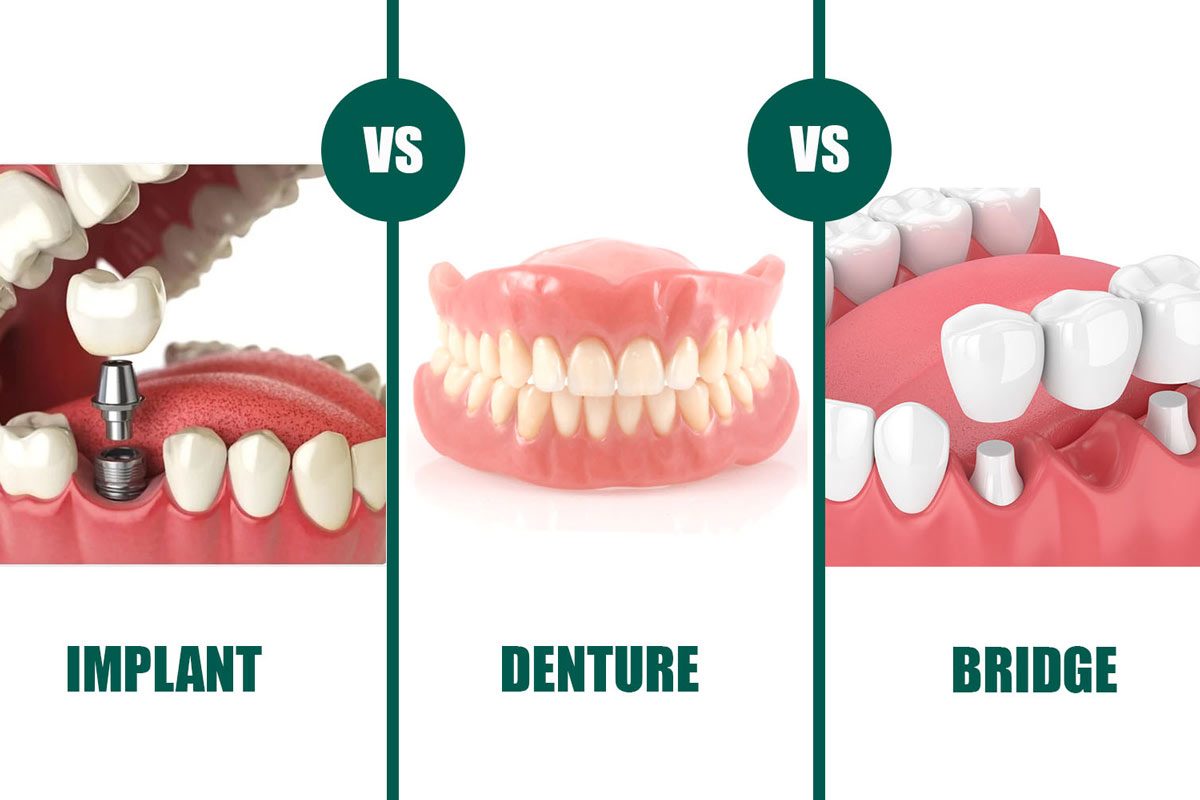
How Removable Partial or Complete Dentures Compare to Dental Implants
You might be a candidate for partial dentures if you are missing a single tooth or two or more consecutive teeth located on the same arch. With partial dentures, the artificial tooth replacements receive support from a metal framework. The teeth on either side of the missing teeth help to hold your partial dentures in place.
Complete dentures replace both the top and bottom rows of natural teeth. You place each denture appliance on top of your gums. The top piece may contain a piece of hard plastic that goes across the roof of your mouth to create strong suctioning power. Although both partial and complete dentures replace missing teeth and lower your risk of alignment problems and gum disease, they come with several drawbacks as well. Some that patients mention the most often include:
- Long-term use of dentures can cause the bone underneath them to slowly deteriorate, which could eventually affect the appearance of your smile and cause your cheeks to take on a hollow appearance.
- Dentures can make a clicking sound when you speak and alert others to the fact that you’re wearing them. This can also occur when you laugh, yawn, eat, or cough.
- Caring for dentures requires purchasing special cleansing tablets and soaking them overnight. You may also need to purchase additional adhesive if it starts becoming difficult to keep the dentures in your mouth.
- Dentures last an average of seven to 15 years before requiring complete replacement.
· You may need to abide by several food restrictions to avoid damaging your dentures.
Dentures can seem especially inconvenient when compared to dental implants. The latter are a permanent replacement for missing teeth that also restores normal jawbone functioning. With no worries about bone deterioration or your replacement teeth falling out, you can treat them just as you do your other teeth.
Comparing Dental Implants to Dental Bridges
Placing a dental bridge requires your dentist to intentionally harm healthy teeth by grinding them down to enable them to support the metal brackets that secure the tooth replacement. The clinical name for this procedure is tooth-supported fixed bridge. Resin-bonded bridges are a more common option for front teeth that you don’t use for biting and chewing. This type of bridge doesn’t require the grinding of any nearby teeth because your dentist places wings on each side of the replacement tooth and then attaches them to the adjacent teeth.
Like partial or complete dentures, a dental bridge can cause the bone underneath to decay faster than it would have otherwise. This can lead to additional oral health issues such as gum disease and tooth decay. Some other possible drawbacks of dental bridges include:
- The typical lifespan is five to 10 years, mainly because patients have a difficult time flossing underneath the dental bridge. This is another reason for the advanced decay of underlying jawbone.
- The tiny metal pieces of the dental bridge can break easily when biting into food or when subject to stress. If your dentist must place the wrap-around wings on the outer surface of supporting teeth, it can make you feel self-conscious when you smile.
It’s common for people who have had a dental bridge fall out or loosen several times to eventually choose a dental implant for the sake of convenience. Patients who choose this option from the start often cite not having to damage other teeth to offer support and the fact that implants are non-removable as their primary reasons.
Are Dental Implants the Right Choice for You?
While most people can receive dental implants, we first need to complete an oral examination to ensure that you have adequate bone strength in the area of the missing tooth to support them. If not, it may still be possible to receive them if we complete a bone graft procedure first. This involves removing a small portion of bone from one area of your mouth and transferring it to the area where you will receive the implant.
Smoking can be another big concern with dental implants since it can delay healing or even cause the implants to fail. We urge you to stop smoking now if you’re considering dental implants to reduce these risks.
It’s also a good idea to check with your dental insurance provider regarding whether you have coverage for dental implants. If you do have out-of-pocket costs, we are happy to let you know that Zara Dental offers several forms of patient financing. We will discuss this with you in greater detail when you come to our Houston office for your initial consultation.
Are you ready to have an attractive smile and a healthy, fully functional mouth again? The first step towards making this a reality is to contact us to request a consultation. We will let you know if you make a good candidate or if immediate dentures would serve you better at this time. The entire staff at Zara Dental in Houston, Texas, looks forward to your visit.



